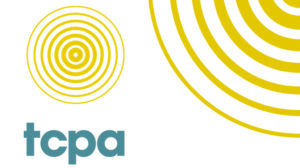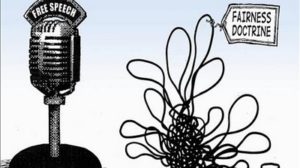The Justice Department should not lift the antitrust decrees constraining ASCAP and BMI because nothing of legal or competitive significance in music licensing has changed.
Don’t Revoke the Music Licensing Antitrust Decrees


The Justice Department should not lift the antitrust decrees constraining ASCAP and BMI because nothing of legal or competitive significance in music licensing has changed.

The malleability of market boundaries and aggressive AI competition among online services should help rebut claims that not only Google, but Facebook and Amazon as well, are somehow illegal monopolies.

The hipster antitrust narrative about Internet “monopolies” runs headlong into the reality of fierce artificial intelligence competition among the largest tech companies in the emerging voice-controlled digital assistant space.

By harnessing the business incentives of generic drug firms to limit the anticompetitive power of branded pharmaceutical patent holders, the CREATES Act represents a straight-forward solution to a market failure created by exploitation of legal loopholes in drug industry regulation. It is a remedy that should be strongly supported by the White House and enacted by the new Congress.

When Google’s proposed acquisition of Motorola Mobility was announced in 2011, the business press focused mainly on the extension of Google’s core business from Internet search into hardware. But from a legal perspective, the treatment given the deal by competition authorities in the United States, the EU and China raises intriguing questions about the scope and objectives of merger policy in emerging technology markets.

The story of the Telephone Consumer Protection Act of 1991 this year is how the Supreme Court can sometimes see a legal issue so clearly despite confusion and conflicts among the lower federal courts.

The brief on behalf of the Consumer Federation of America to the U.S. Supreme Court on the issue of whether the so-called Red Lion doctrine of First Amendment regulation of broadcasters should be re-examined.

It is rare that the justices of the Supreme Court of the United States actually write or speak about technology. But as connectivity and user-generated content become more ubiquitous and pervasive, sometimes the Court — despite its inherent judicial conservatism — just can’t avoid touching on issues related to the use, importance and legal status of modern communications technologies.

The modest few “open internet” rules FCC Chairman Genachowski has suggested are so trivial that, like all good policy compromises, they have angered both the left and the right. The far more important issue is the legal framework under which the Commission will support net neutrality regulation.

While telephone subscribership has now become ubiquitous, increasingly many citizens — especially twenty-somethings — no longer use landline telephones, instead going completely wireless. Pollsters, however, still base their surveys on landline phone subscribers